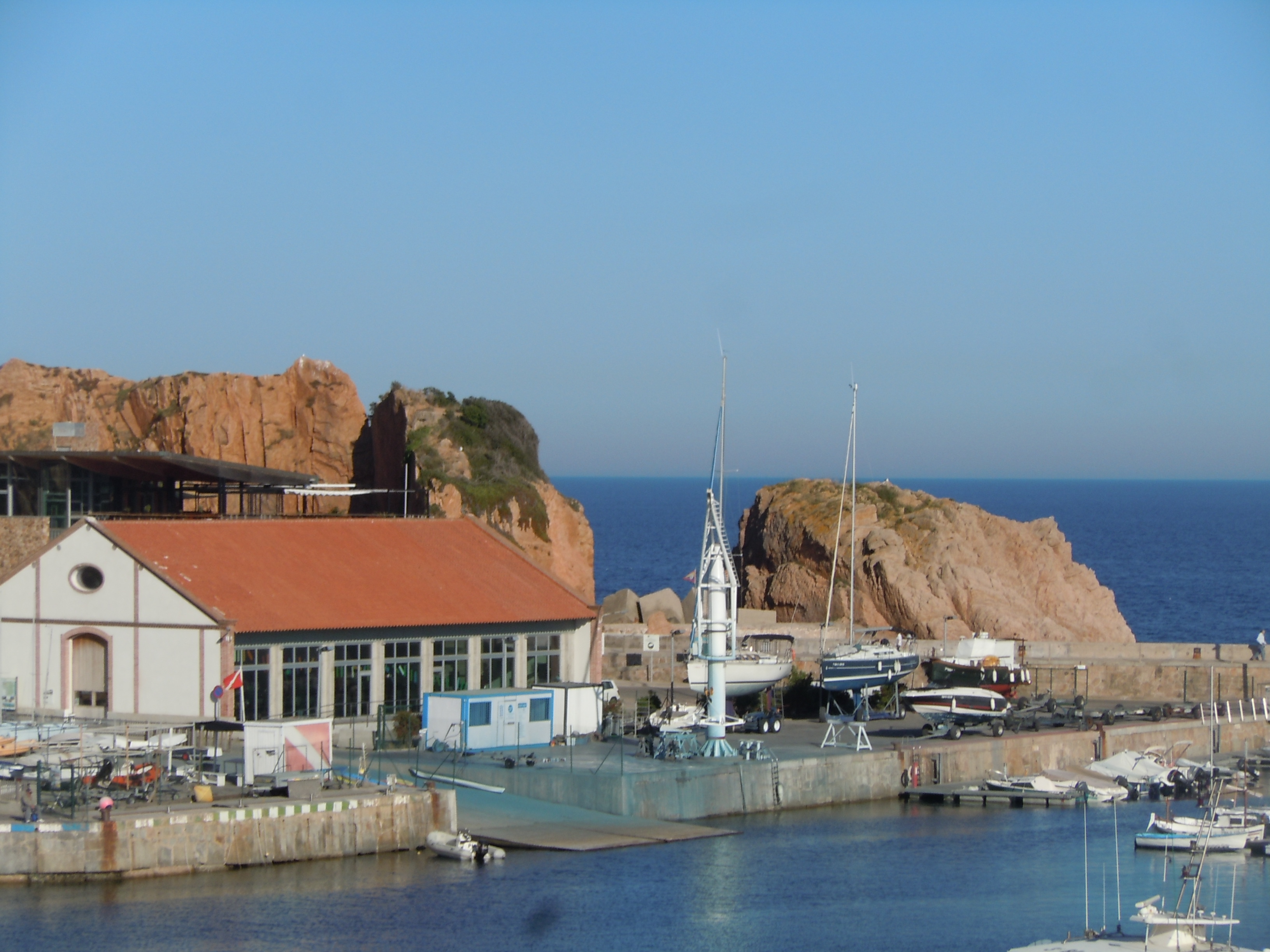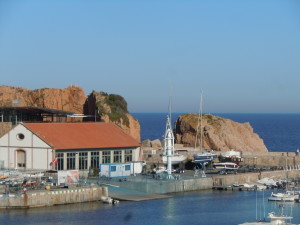Koch and EDF on the same side? Fishery “land grabs” should concern us all


Moderated by Sara Mersha (Grassroots International), panelists included Michele Mesmain (Slow Food International), Betsy Garrold (Food for Maine’s Future), and Seth Macinko (Department of Marine Affairs, University of Rhode Island). Both Macinko and Mesmain focused on fish and fisheries.
Both experts agreed on the need to control overfishing–and both said there’s a better way than the current widely embraced privitization “solution”: taking the public resource of the sea held in common, and giving it, for free and in perpetuity, to large corporations who are already catching the most fish. These corporations then can lease fishing rights back to the local fisherfolks, who used to be able to fish them for free–or simply force them out of business.
Macinko said you can manage a resource to prevent overfishing without savaging the historic commons rights, and noted the unholy alliance of environmental groups (including Environmental Defense Fund), academics, corporate-oriented major foundations such as Pew, government and trans-government authorities including the World Bank, the Big Fishing lobby, and, lo and behold, the Koch Brothers’ foundation pushing for this rights grab. Then Mesmain showed three models of successful fisheries management without privitization: a 1000-year-old guild governing France’s Mediterranean coast, a much more recent initiative in the Basque region of Spain–both involving open-sea fisheries, and one through the Okanagan Nations Alliance (8 nations/tribes in Washington State and British Columbia) covering inland river salmon fisheries.
